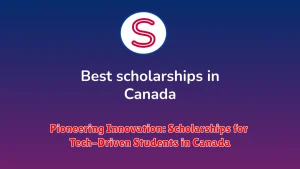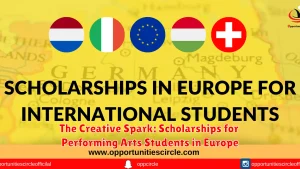Embark on a journey to unravel the intricacies of the scholarship application process in Europe. Discover key insights and valuable tips to navigate this competitive landscape with confidence.
Understanding European Scholarship Criteria
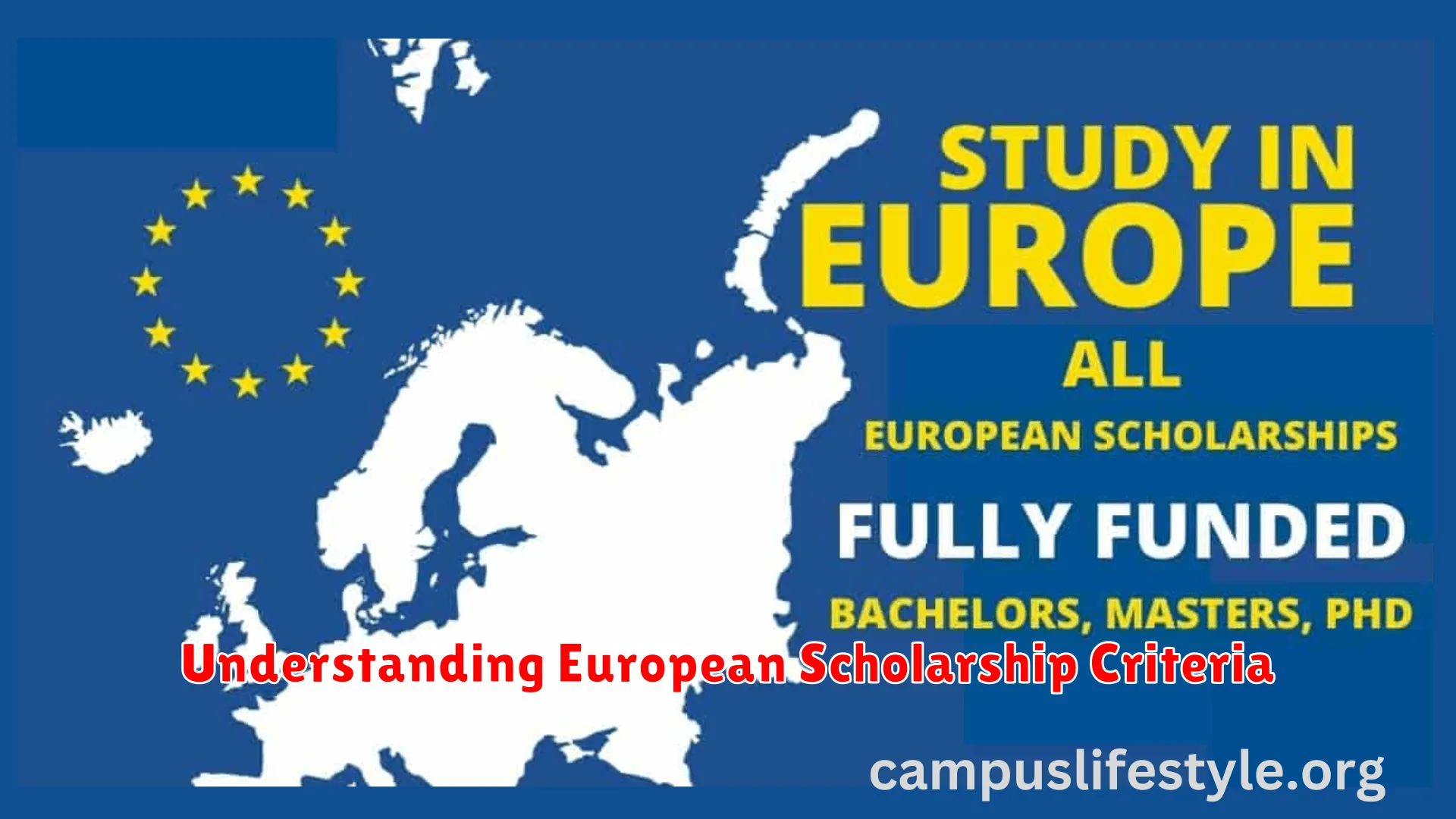
Applying for scholarships in Europe can be a daunting task, but understanding the criteria can greatly improve your chances of success. Here are key points to keep in mind when navigating European scholarship applications:
- Educational Background: Many European scholarships have specific requirements regarding the applicant’s educational background. Make sure your qualifications match the criteria before applying.
- Language Proficiency: Proficiency in the language of instruction is often a crucial criterion. Be prepared to demonstrate your language skills through standardized tests like TOEFL or IELTS.
- Academic Achievements: Highlight your academic achievements, such as GPA, research projects, publications, and any relevant extracurricular activities that showcase your skills and dedication.
- Letter of Motivation: Crafting a compelling letter of motivation is essential. Clearly state your reasons for applying, your goals, and how the scholarship aligns with your academic and career aspirations.
- Recommendation Letters: Strong recommendation letters from professors or employers can strengthen your application. Choose referees who can attest to your academic and personal qualities.
- Research Proposal: For research scholarships, a well-thought-out research proposal is vital. Clearly outline your research objectives, methodologies, and expected outcomes.
By understanding and fulfilling the specific criteria set by European scholarships, you can enhance your application and improve your chances of securing funding for your academic pursuits.
Tips for a Standout Application

When applying for scholarships in Europe, it is crucial to make your application stand out to increase your chances of success. Here are some tips to help you create a standout application:
1. Research Thoroughly
Before starting your application, research the scholarship program extensively. Understand the eligibility criteria, selection process, and the values of the organization offering the scholarship.
2. Tailor Your Application
Customize your application to emphasize how your background, experiences, and goals align with the values of the scholarship provider. Highlight key achievements and relevant skills that make you a strong candidate.
3. Write a Compelling Essay
One of the most critical parts of a scholarship application is the essay. Craft a well-written and compelling essay that showcases your unique qualities, accomplishments, and aspirations. Make sure to follow the prompt and express yourself authentically.
4. Obtain Strong Recommendations
Secure recommendation letters from individuals who know you well and can attest to your abilities and character. Choose recommenders who can provide specific examples of your strengths and potential.
5. Submit a Complete Application
Ensure that you submit all required documents and materials on time. Double-check your application to eliminate any errors or missing information that could weaken your candidacy.
By following these tips and putting effort into creating a standout application, you can increase your chances of securing a scholarship in Europe and pursue your academic goals.
Managing Application Deadlines and Requirements

When applying for scholarships in Europe, it is crucial to efficiently manage application deadlines and requirements to increase your chances of success. One of the first steps you should take is to create a detailed timeline that outlines all the deadlines for each scholarship you plan to apply for. Use a calendar or a digital tool to keep track of these dates and set reminders for yourself to ensure you submit your applications on time.
Additionally, each scholarship may have specific requirements that need to be met in order to be considered for the award. These requirements can vary widely and may include academic transcripts, letters of recommendation, essays, and proof of financial need. Pay close attention to the specific guidelines provided by each scholarship provider and make sure you gather all the necessary documents well ahead of the deadline. Missing even one requirement could result in your application being disqualified.
To effectively manage multiple applications, consider creating a checklist of all the documents required for each scholarship. As you gather each document, mark it off on your checklist to ensure nothing is overlooked. Setting aside dedicated time each week to work on your applications can also help you stay organized and avoid last-minute rushes to complete everything.
Overcoming Common Challenges
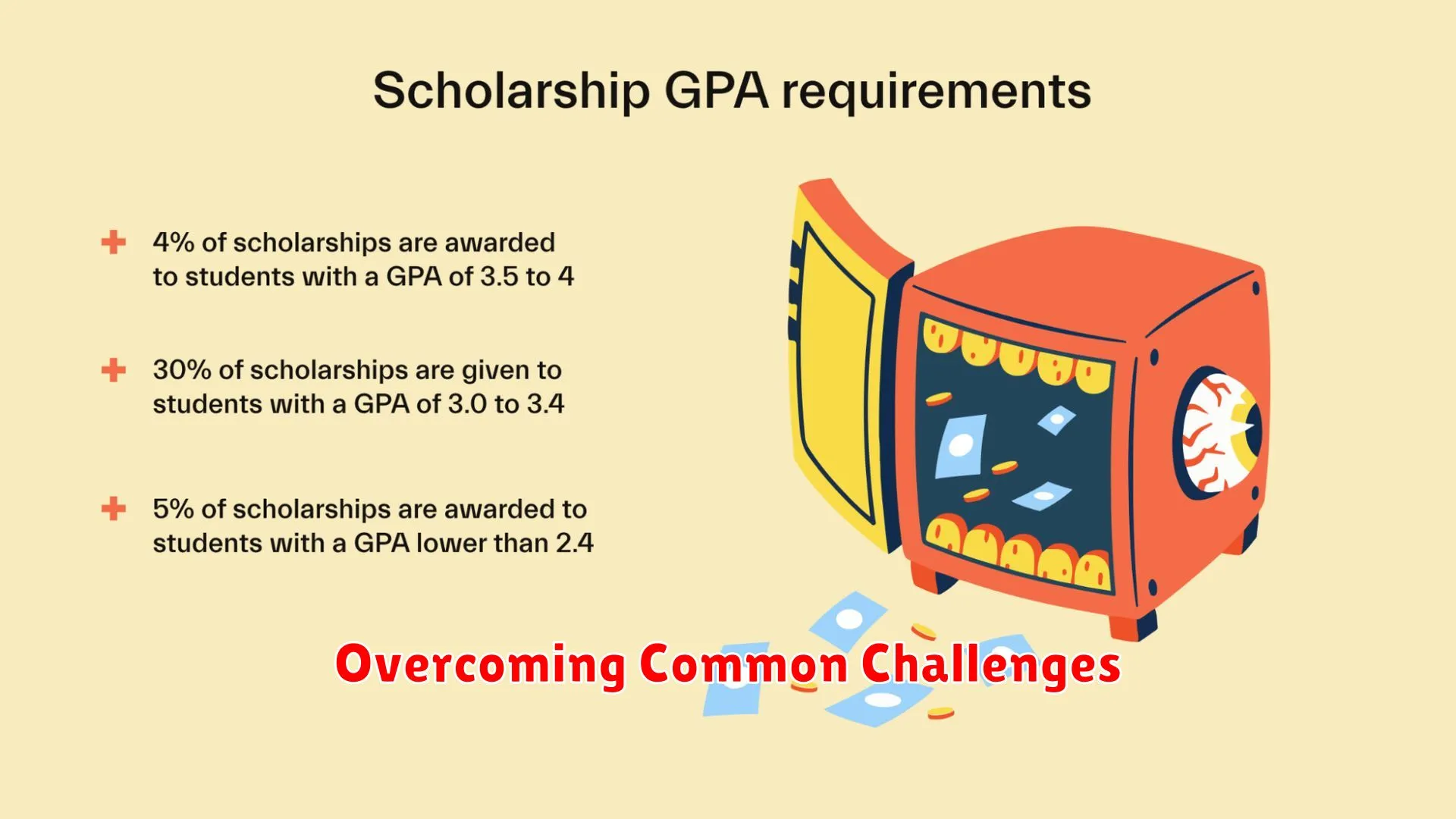
When applying for scholarships in Europe, many students face common challenges that can be overcome with proper planning and strategy.
1. Researching Available Scholarships
One of the main challenges students encounter is the overwhelming number of scholarship options available. To overcome this, it’s essential to conduct thorough research about the scholarships offered and determine which ones align with your academic goals and qualifications.
2. Meeting Application Deadlines
Time management is crucial in the scholarship application process. Students should create a schedule to ensure they submit all required documents before the deadlines. Utilizing reminder tools can help in staying on track.
3. Crafting a Strong Application
Writing compelling essays and personal statements is another challenge for applicants. To address this, students should start early to allow ample time for drafting, revising, and seeking feedback from mentors or advisors.
4. Obtaining Strong Letters of Recommendation
Securing impactful letters of recommendation can be daunting. Applicants should build strong relationships with professors or employers to ensure they can provide detailed and positive recommendations when needed.
5. Financial Documentation and Visa Requirements
For international students, navigating the financial documentation and visa requirements can be challenging. It’s crucial to thoroughly understand the financial proof needed and start the visa application process well in advance.
Seeking Guidance and Support
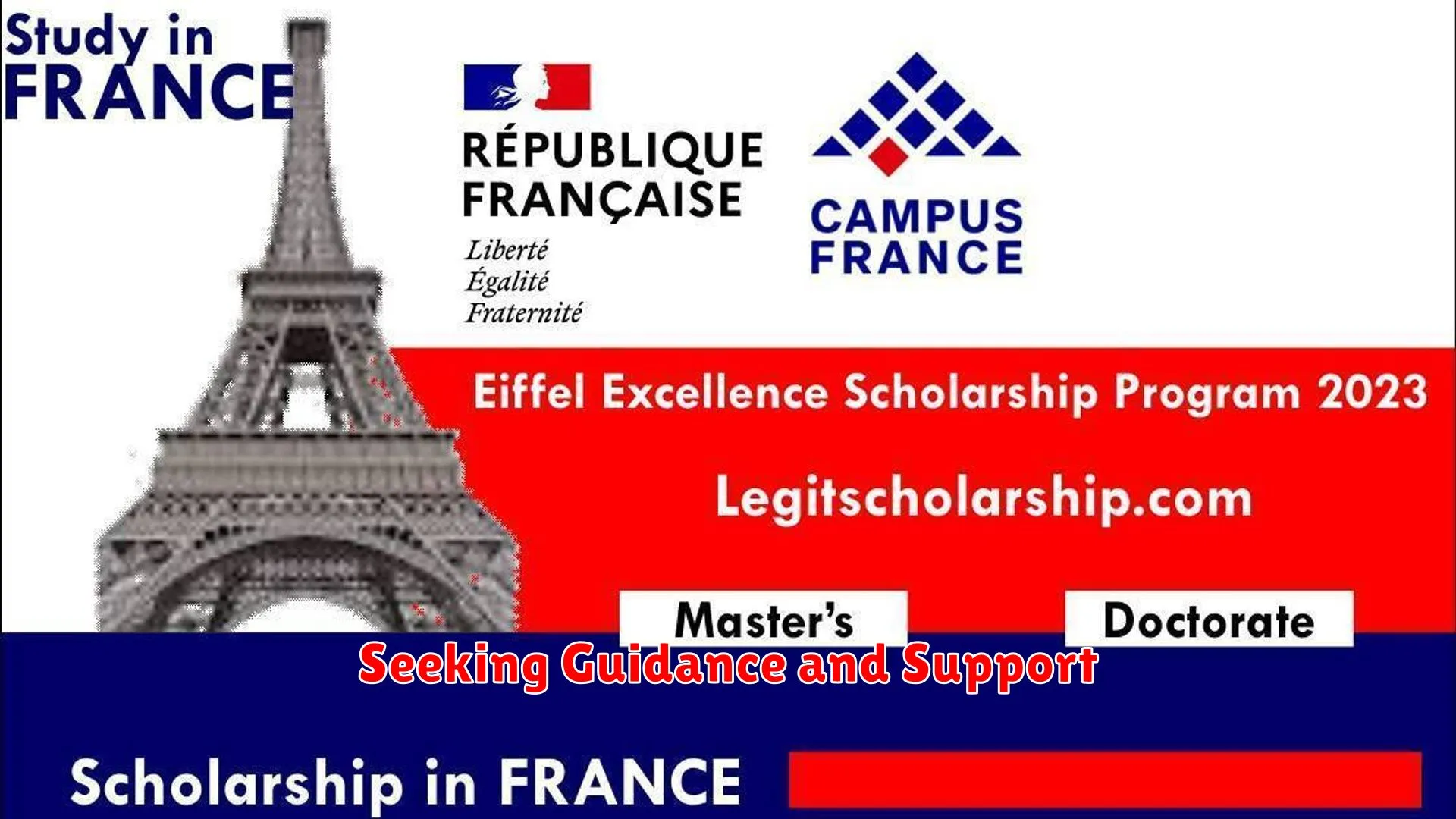
When embarking on the journey of applying for scholarships in Europe, it is crucial to seek guidance and support to navigate the complexities of the process effectively. Here are key ways to access the help you need:
1. University Admissions Offices
Universities offering scholarships often have dedicated offices or personnel to assist prospective applicants. Reach out to them to seek guidance on eligibility criteria, application procedures, and deadlines.
2. Online Resources
Explore various online platforms and resources that provide valuable information on scholarship opportunities in Europe. Websites, forums, and social media groups can be sources of support in understanding the requirements and finding suitable scholarships.
3. Mentors and Advisors
Connecting with mentors or advisors who have experience with scholarship applications can offer valuable insights and guidance. They can provide tips on crafting strong applications and preparing for interviews.
4. Workshops and Seminars
Attend workshops or seminars specifically designed to assist students in the scholarship application process. These events often feature experts who can offer support in enhancing your application strategy.
5. Peer Networks
Engage with fellow students or alumni who have successfully secured scholarships in Europe. Their firsthand experiences can offer guidance on best practices and pitfalls to avoid during the application journey.
By actively seeking guidance and support throughout the scholarship application process, you can enhance your chances of securing funding for your educational pursuits in Europe.
Conclusion
In conclusion, understanding the scholarship application process in Europe is crucial for aspiring students. By demystifying this process, individuals can navigate the complexities and increase their chances of securing funding for their education.


